DSS, Radicals talk cooperation?
B92 has learned that officials from the Democratic Party of Serbia (DSS) and the Serb Radical Party (SRS) met for consultations.
Sunday, 16.09.2007.
12:23

B92 has learned that officials from the Democratic Party of Serbia (DSS) and the Serb Radical Party (SRS) met for consultations. Our sources said that two high officials from Prime Minister Vojislav Kostunica’s DSS and the SRS, a party led by Vojislav Seselj, currently in the Hague awaiting trial, held a meeting in which they discussed possibilities of cooperation once the the future Kosovo status settlement has become clearer. DSS, Radicals talk cooperation? The meeting is only the last in a series of similar consultations the two parties have held recently, the same source said. According to Dusan Pavlovic, professor at the Faculty for Political Science, the possibility of the DSS-SRS coalition was actually a threat on the part of Kostunica’s party aimed at blackmailing Tadic’s Democrats, who are thus forced to comply with the demands of their coalition partner. The threat has been brought up again in the light of the opposing views the ruling parties have over the date for presidential and local elections. The DS has thus far demanded that presidential ballot must be called and held by the end of the year, while the DSS seems to object to the idea, pushing for both elections to be held simultaneously in the spring of 2008. The coalition agreement the ruling parties had forged when forming the government in May obligates Kostunica to support Tadic’s bid in the elections held by the end of 2007. “If Kostunica came out in public and voiced support for Tadic, it would mean the DS leader would be re-elected as president before the Kosovo issue has been settled and secure another five years in office,” Pavlovic said, adding that it is not likely the coalition could survive the unfavorable outcome of the satus settlement process. According to him, if the Kosovo issue saw a solution positive for Serbia, Kostunica would then back Tadic, as the coalition would remain solid. “As soon as the direction of the status process becomes clear we will be able to see whether Kostunica would support Tadic in the next elections or not, “ argued Pavlovic. Vojislav Kostunica, Boris Tadic (FoNet, archive) DSS: Tadic has no authority to run foreign policy Referring to Tadic’s statement on Saturday that Serbia’s strategic goal is for its army to be a part of Euro-Atlantic integrations, DSS spokesman Branislav Ristivojevic stated that the president "has no authority to run Serbia’s foreign affairs." “The president is fully aware of his constitutional position and authorities and defining and running foreign policy is not one of them,” Ristivojevic said on Sunday. “The Serbian Constitution places the official foreign policy in the hands of the government and parliament,” the DSS spokesperson said. “I believe President Tadic could not have ventured into assuming that authority and that what he said was an expression of his personal opinion,” he added, reiterating that DSS was stronly against Serbia joining NATO. “We cannot object if someone in Serbia thinks the NATO membership is a good thing. I believe that the president has just said that,” Ristivojevic argued. “Boris Tadic as Serbian president has a duty, like any other state organ, to respect and pursue the official state policy. To my knowledge, the government has never passed a decision that Serbia should become a member of the NATO pact,” the DSS official concluded. Djelic: DSS anti-NATO stance does not affect gov’t stability Deputy Prime Minister Bozidar Djelic stated on Sunday that the position officially adopted by the DSS main board on Saturday according to which Serbia should not consider NATO membership would not affect the government’s stability. “The government has a program of developing relations with NATO within Partnership for Peace program,” Djelic, from the Tadic’s Democrats, told a news conference in Pirot, southern Serbia. He added that the government unanimously adopted the presentation document Foreign Minister Vuk Jeremic submitted to NATO chiefs in Brussels on September 5. “NATO’s Partnership for Peace Program is one step in our relations with the Alliance, and we will see as time goes by how we can foster these relations according to the state interests,” Djelic explained. He said that it was not up to any politician or political party to decide whether Serbia should join NATO or the European Union, stressing that the Serbian citizens will decide on these matters in a referendum. Speaking of the presidential elections, Djelic said that Boris Tadic is the only candidate of the so-called democratic bloc able to win the ballot, and that it would be "normal if all democratic parties stood by his side. " “Even if he did not receive the support of from parties, Tadic will surely win,” Djelic said.
DSS, Radicals talk cooperation?
The meeting is only the last in a series of similar consultations the two parties have held recently, the same source said.According to Dušan Pavlović, professor at the Faculty for Political Science, the possibility of the DSS-SRS coalition was actually a threat on the part of Koštunica’s party aimed at blackmailing Tadić’s Democrats, who are thus forced to comply with the demands of their coalition partner.
The threat has been brought up again in the light of the opposing views the ruling parties have over the date for presidential and local elections.
The DS has thus far demanded that presidential ballot must be called and held by the end of the year, while the DSS seems to object to the idea, pushing for both elections to be held simultaneously in the spring of 2008.
The coalition agreement the ruling parties had forged when forming the government in May obligates Koštunica to support Tadić’s bid in the elections held by the end of 2007.
“If Koštunica came out in public and voiced support for Tadić, it would mean the DS leader would be re-elected as president before the Kosovo issue has been settled and secure another five years in office,” Pavlović said, adding that it is not likely the coalition could survive the unfavorable outcome of the satus settlement process.
According to him, if the Kosovo issue saw a solution positive for Serbia, Koštunica would then back Tadić, as the coalition would remain solid.
“As soon as the direction of the status process becomes clear we will be able to see whether Koštunica would support Tadić in the next elections or not, “ argued Pavlović.
DSS: Tadić has no authority to run foreign policy
Referring to Tadić’s statement on Saturday that Serbia’s strategic goal is for its army to be a part of Euro-Atlantic integrations, DSS spokesman Branislav Ristivojević stated that the president "has no authority to run Serbia’s foreign affairs."“The president is fully aware of his constitutional position and authorities and defining and running foreign policy is not one of them,” Ristivojević said on Sunday.
“The Serbian Constitution places the official foreign policy in the hands of the government and parliament,” the DSS spokesperson said.
“I believe President Tadić could not have ventured into assuming that authority and that what he said was an expression of his personal opinion,” he added, reiterating that DSS was stronly against Serbia joining NATO.
“We cannot object if someone in Serbia thinks the NATO membership is a good thing. I believe that the president has just said that,” Ristivojević argued.
“Boris Tadić as Serbian president has a duty, like any other state organ, to respect and pursue the official state policy. To my knowledge, the government has never passed a decision that Serbia should become a member of the NATO pact,” the DSS official concluded.
Đelić: DSS anti-NATO stance does not affect gov’t stability
Deputy Prime Minister Božidar Đelić stated on Sunday that the position officially adopted by the DSS main board on Saturday according to which Serbia should not consider NATO membership would not affect the government’s stability.“The government has a program of developing relations with NATO within Partnership for Peace program,” Đelić, from the Tadić’s Democrats, told a news conference in Pirot, southern Serbia.
He added that the government unanimously adopted the presentation document Foreign Minister Vuk Jeremić submitted to NATO chiefs in Brussels on September 5.
“NATO’s Partnership for Peace Program is one step in our relations with the Alliance, and we will see as time goes by how we can foster these relations according to the state interests,” Đelić explained.
He said that it was not up to any politician or political party to decide whether Serbia should join NATO or the European Union, stressing that the Serbian citizens will decide on these matters in a referendum.
Speaking of the presidential elections, Đelić said that Boris Tadić is the only candidate of the so-called democratic bloc able to win the ballot, and that it would be "normal if all democratic parties stood by his side. "
“Even if he did not receive the support of from parties, Tadić will surely win,” Đelić said.











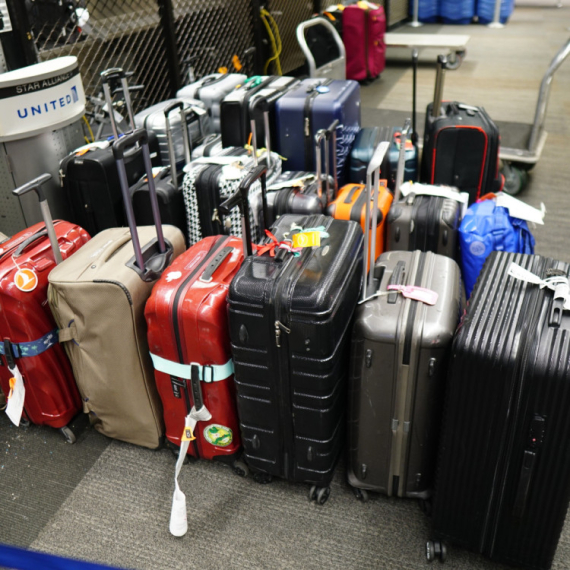
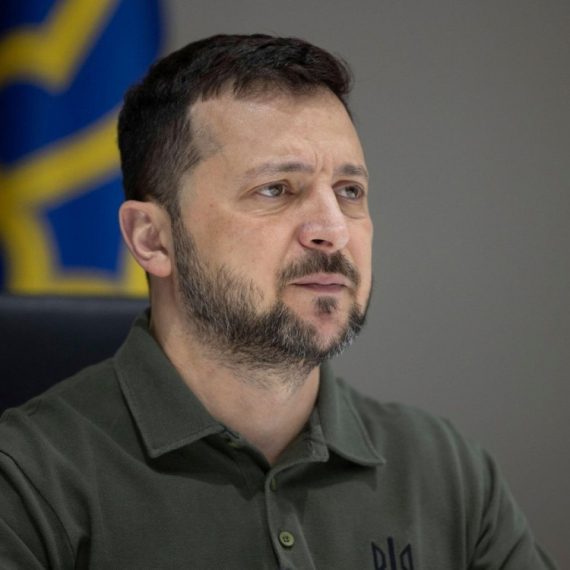

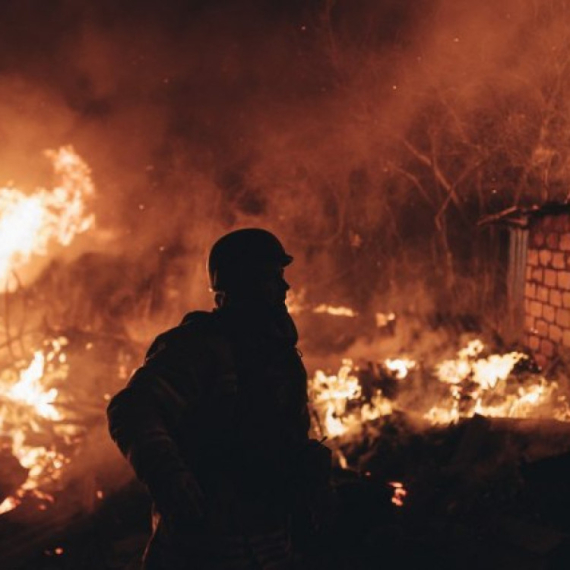
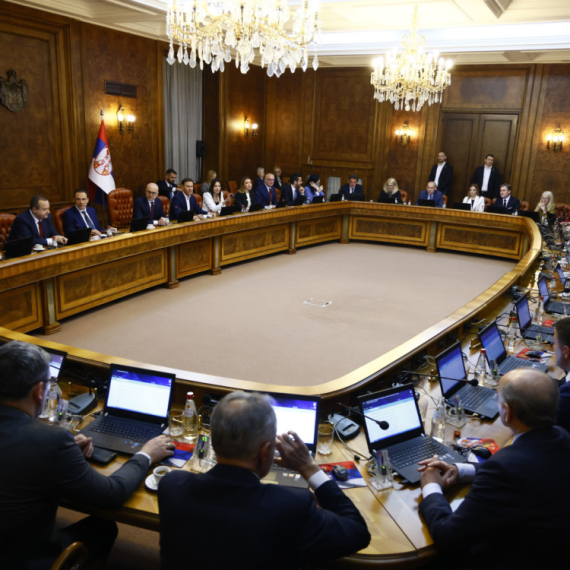
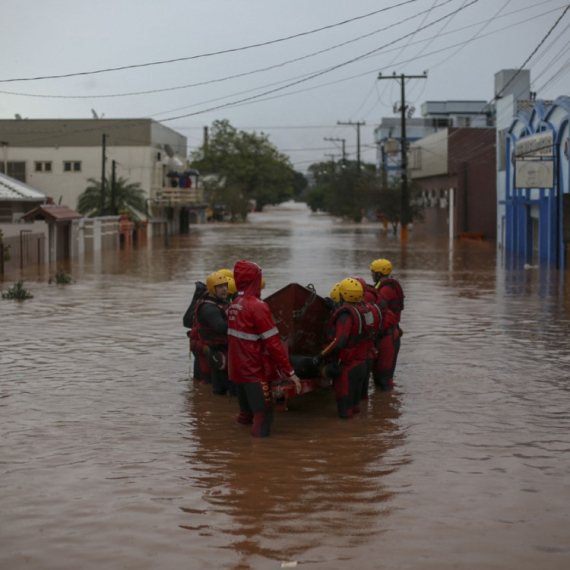
































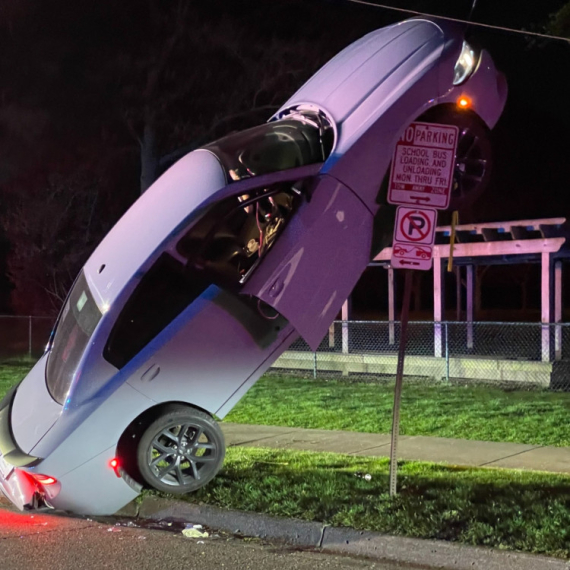

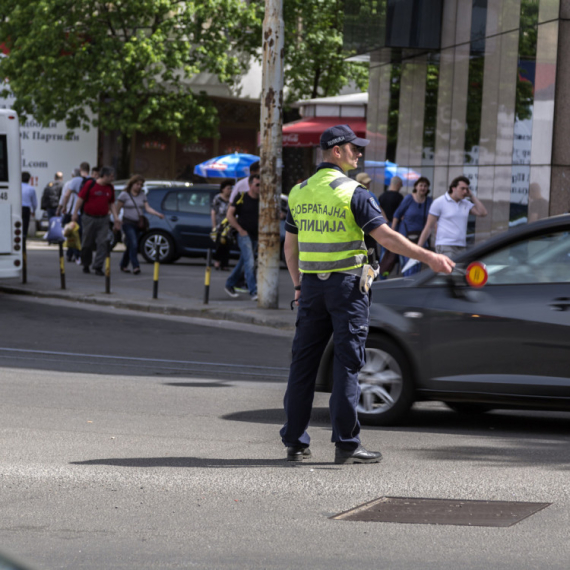



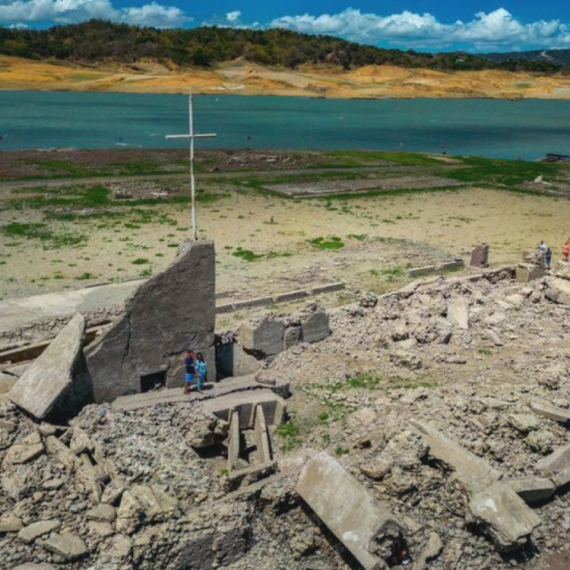


Komentari 10
Pogledaj komentare